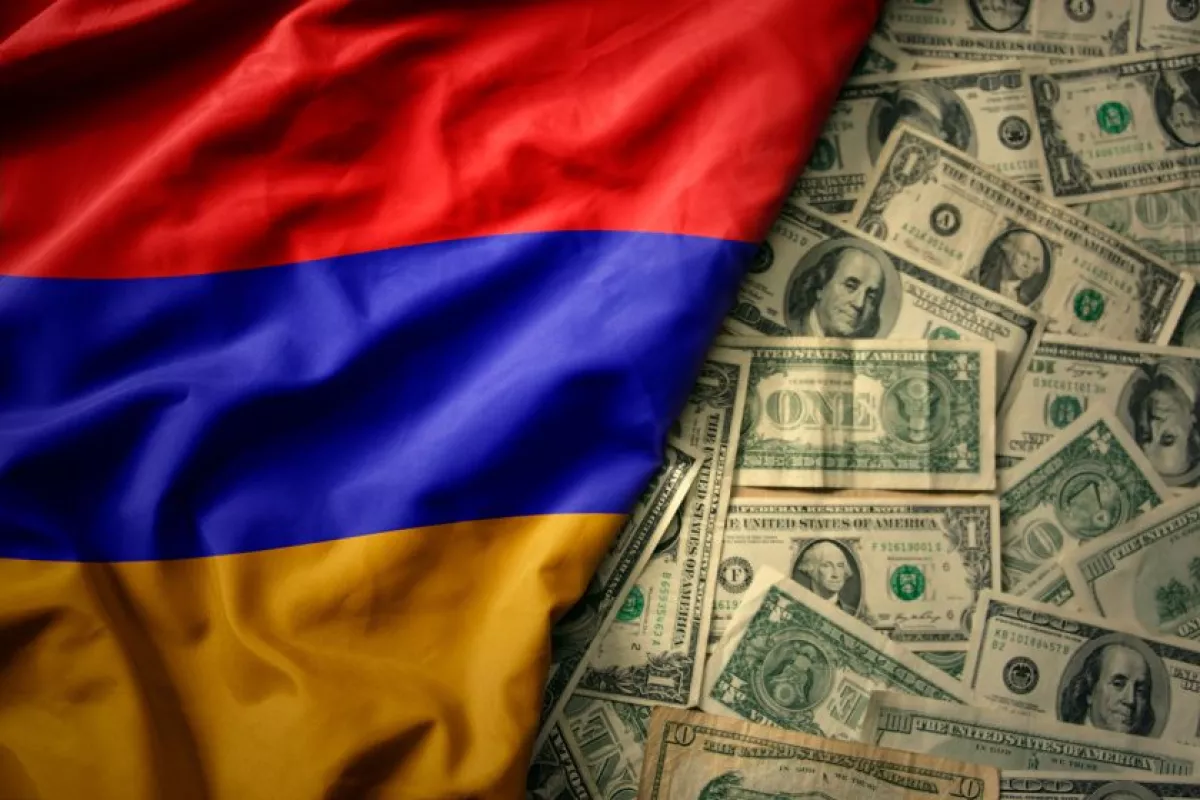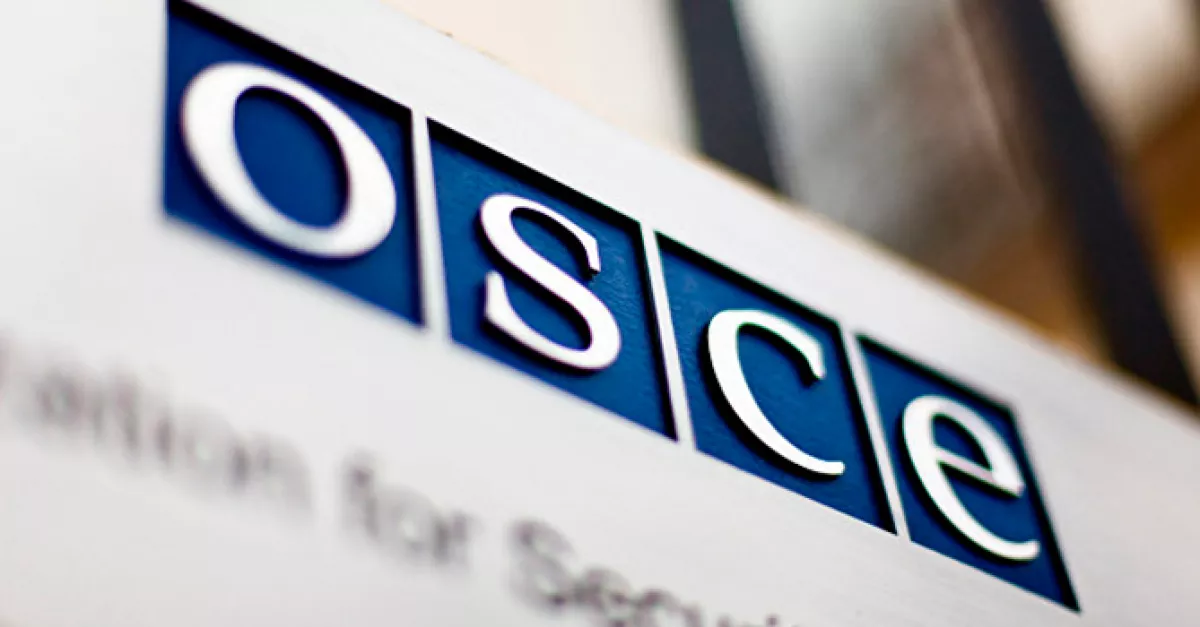Alpine fever Swiss MP opposes the peace process
Curious news continues to come out of Europe. While most politicians and experts express hope—and even optimism—regarding Baku and Yerevan’s intention to sign a peace agreement, someone has decided to stand out and, in their view, bring the audience back to reality by adding a spoonful of tar to a barrel of honey, casting doubt on the prospects for peace.
To be precise, this individual hasn’t merely expressed doubt about the peace process. He went a step further, assigning blame for its potential failure. In his view, the obstacle to peace is Azerbaijan—and, more specifically, President Ilham Aliyev.
The author of this statement is Stefan Müller-Altermatt, a member of the Swiss National Council. Here is what he said: “It is probably better not to have too many illusions about Azerbaijan's intentions. Ilham Aliyev is not interested in peace.” He added: “Ultimately, peace between Armenia and Azerbaijan can only be achieved through external pressure on Azerbaijan,” citing as factors such pressure the tensions on the Azerbaijan–Russia track as well as the war between Israel and Iran.
Unfortunately, or perhaps fortunately, only excerpts of the Swiss parliamentarian’s interview are publicly available in Armenian media, not the full text. Why waste precious time studying the simplest Azerbaijanophobes—after all, everything is already clear!

There are forces in Europe that are determined, at all costs, to derail the peaceful settlement between Baku and Yerevan. Their reasons may vary—from geopolitical ones (opposition to the strengthening alliance between Baku and Ankara and the Turkic world) to ideological motives (support for Armenia as the “first Christian state” and a “bulwark of democracy” in the post-Soviet space, or simply put, ordinary Turkophobia and Islamophobia).
Let’s also add a more prosaic aspect to this. Surely, Müller-Altermatt and his associates receive fees from the Armenian diaspora and feel obliged to justify them by making loud statements and foaming at the mouth (usually against the wind) against Azerbaijan.
Switzerland, along with France and the Netherlands, is among the countries whose politicians most actively adopt anti-Azerbaijani stances. At times, this stance borders on the absurd. For example, on March 18 of this year, the Swiss Council of States—the upper chamber of the Federal Assembly—approved a project titled “Peace Forum for Nagorno-Karabakh: Ensuring the Possibility of Armenian Return.” This initiative calls on Swiss authorities to establish a separate platform for dialogue between representatives of “Nagorno-Karabakh” and Azerbaijan.
On May 26, 2025, a cross-party commission of 19 deputies was formed to advance the implementation of this initiative. Unsurprisingly, one of the two co-chairs of this commission is Müller-Altermatt, who has been a leading figure in this effort.
The achievement of a peace agreement between Baku and Yerevan depends on many factors. While it would be premature to assume that a signing is imminent, it is important to emphasize that the main obstacles in this process lie on the Armenian side.

Baku has clearly, plainly, and consistently presented its conditions. Now Armenia has only two left to fulfill — to appeal to the OSCE for the dissolution of the Minsk Group and, most importantly and most difficult, to carry out constitutional reform.
Understanding that any delays will be caused by the Armenian side, the proponents of the “Artsakh case” have decided to pull a sleight of hand and preemptively blame Azerbaijan, turning the problem upside down. Along the same lines is the accusation that Azerbaijan supposedly presented these two conditions only after the parties announced the agreement on the treaty text.
All these insinuations serve no purpose other than to satisfy the egos of armchair revanchists and those sentimental wealthy diaspora members who actually send money to the “Armenian cause” from their pools in California to the lush Alpine meadows.








